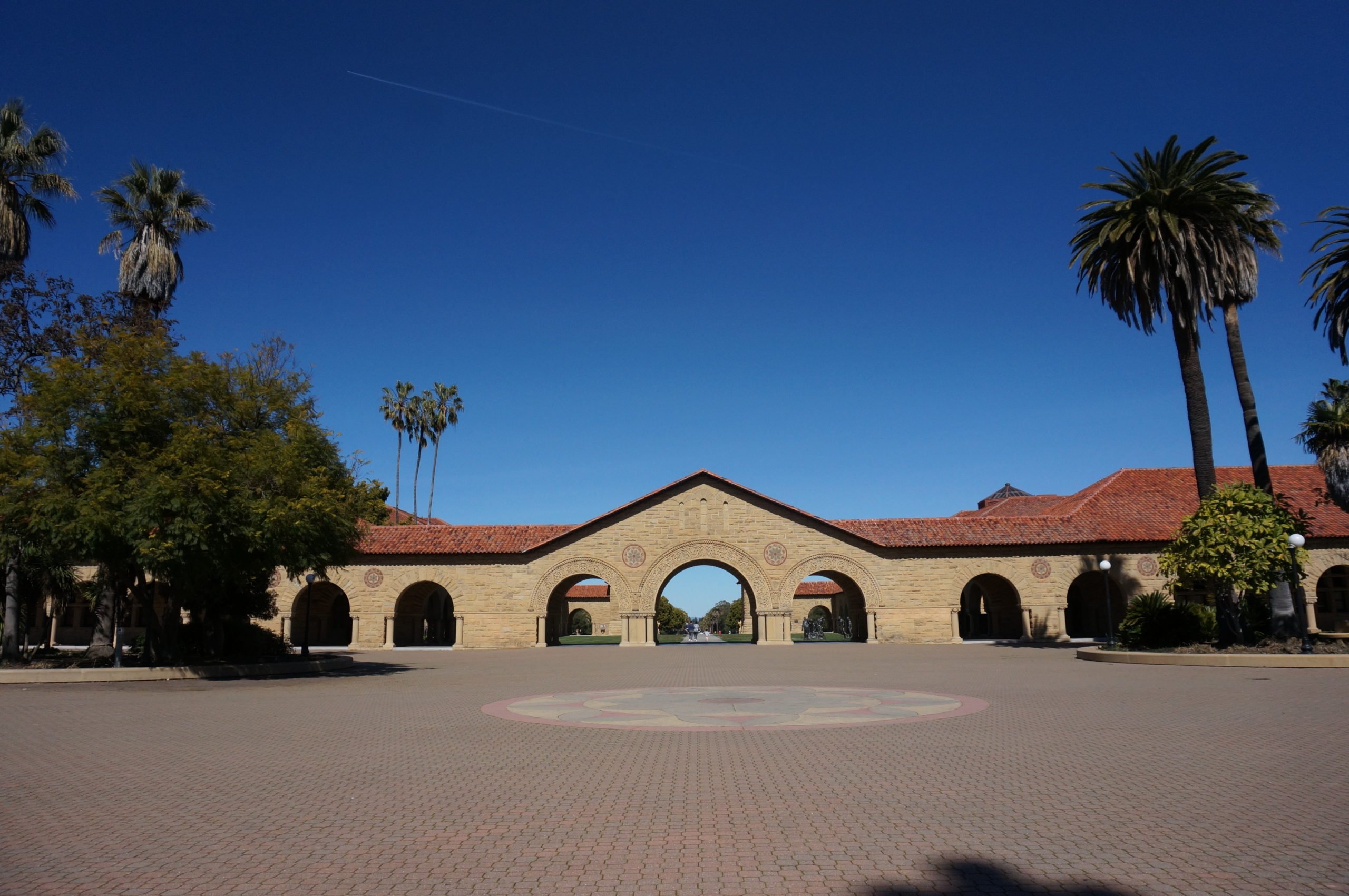Eric’s mom posed a seemingly simple question — “My son has Down syndrome. Do you think you can teach him how to read?”
I was a first-year special education teacher. My experiences trying to improve Eric’s reading skills taught me so much more than I would have ever imagined about the importance of believing in possibilities and how placing students into predefined categories too often limits their futures. My memories of teaching students with intellectual and developmental disabilities (IDD) continue to be the happiest of my life —their energy, honesty and amazing potential were invigorating on a daily basis. However, ensuring my students were fully integrated in the school with their peers without disabilities was a constant struggle. Two decades later, the progress we have made in truly including students with IDD in school communities has been dramatically insufficient.
As the Supreme Court is poised to consider the constitutionality of affirmative action, many are reflecting on the importance of diversity in higher education settings. Almost all major universities now have a president- or provost-level office focused on enhancing diversity, equity and inclusion (DEI). These efforts have led to university campuses being filled with a broader array of students of color, from lower income households, of various faiths, and from the wide LGBTQI+ continuum. Many of us believe that this diversity has substantively improved college communities and that it plays an important role in moving us into a fairer society.
Although improving equity in access to higher education remains a work in progress, it is an appropriate time to reflect on which individuals remain outside the purview of what our society deems to be “college material” — namely students with IDD. A bold move would be for Stanford and other universities to expand DEI efforts to include these students in our academic communities by creating inclusive post-secondary programs that are fully integrated into campus life. At most institutions of higher education in the United States, DEI initiatives do not extend to this group of students. We are ‘inclusive,’ but only for students who fit within the category of who we think is valuable enough to contribute to our elite, exclusive and important world.
I have been working in special education, as a teacher and now a researcher, for two decades, and I recently connected my work to the salient ideas in “Why Fish Don’t Exist” by Lulu Miller. We, as a society, too often create categories and hierarchies that are unfair, wrong, and, worse, prevent us from evolving beyond our current conceptions of the world.
Miller’s book tells about a journey to understand how to overcome a personal setback. As she sought out role models of people who overcame challenging situations in their own lives, she discovered David Starr Jordan, the first president of Stanford University. A leading ichthyologist in his prime, he was credited with discovering a large percentage of known fish species. However, he was also a staunch supporter of eugenics who believed that individuals with IDD should be sterilized and institutionalized.
Decades later, we know that David Starr Jordan was wrong about so many things — fortunately Stanford has responded by removing his name and likeness from many parts of campus. As Miller cleverly details in her book, he was wrong about fish. They aren’t a closely related group of creatures — the category is false and was naively created based on features assumed to matter. We also know he was wrong about people with IDD. Individuals with IDD are valuable, vibrant humans who deserve lives full of happiness, friendship, independence and love.
Post-secondary programs for individuals with IDD are a clear next step for DEI initiatives. Think College is a national project that has been leading the effort to make universities more inclusive for students with IDD. Their work has made it clear that post-secondary programs for students with IDD are incredibly beneficial and lead to substantial improvements in employment, satisfaction with social life and independence.
Not only will students with IDD benefit from university opportunities, but the broader educational environment on campus will also grow stronger by embracing this diversity. Making colleges representative of society will allow our future doctors, lawyers, engineers, architects, artists and teachers to get to know people with different lived experiences, helping universities prepare the next generation of leaders to build a more inclusive, equitable world.
What a statement it would be if Stanford, the institution formerly led by David Starr Jordan, evolves into a model of inclusive higher education. I am hopeful that my colleagues and I can make this happen by establishing a post-secondary program for individuals with IDD at Stanford. If you are interested in contributing to this effort, we would be happy to hear from you.
As Miller states, “I have come to believe that it is our life’s work to tear down this order, to keep tugging at it, trying to unravel it, to set free the organisms trapped underneath. That it is our life’s work to mistrust our measures. Especially those about moral and mental standing. To remember that behind every ruler there is a Ruler. To remember that a category is at best a proxy; at worst, a shackle.”
Christopher J. Lemons
Associate Professor of Special Education, Stanford University
Co-Director, Stanford Down Syndrome Research Center
[email protected]
615.495.2356
Bio Link
